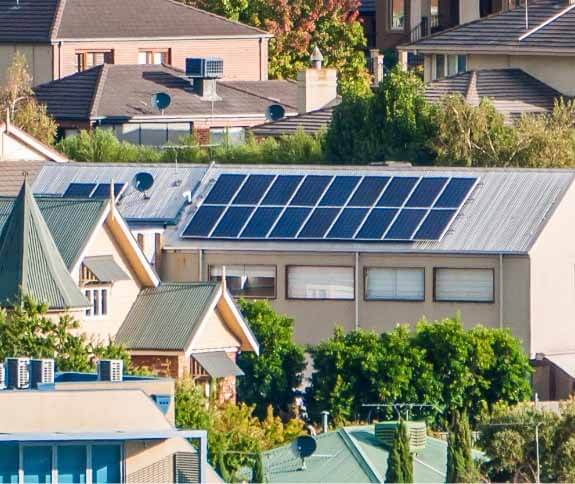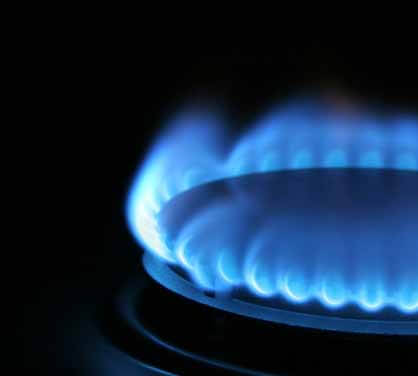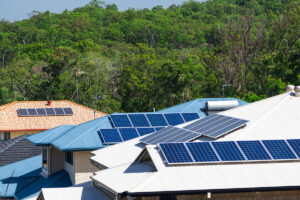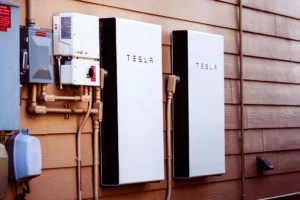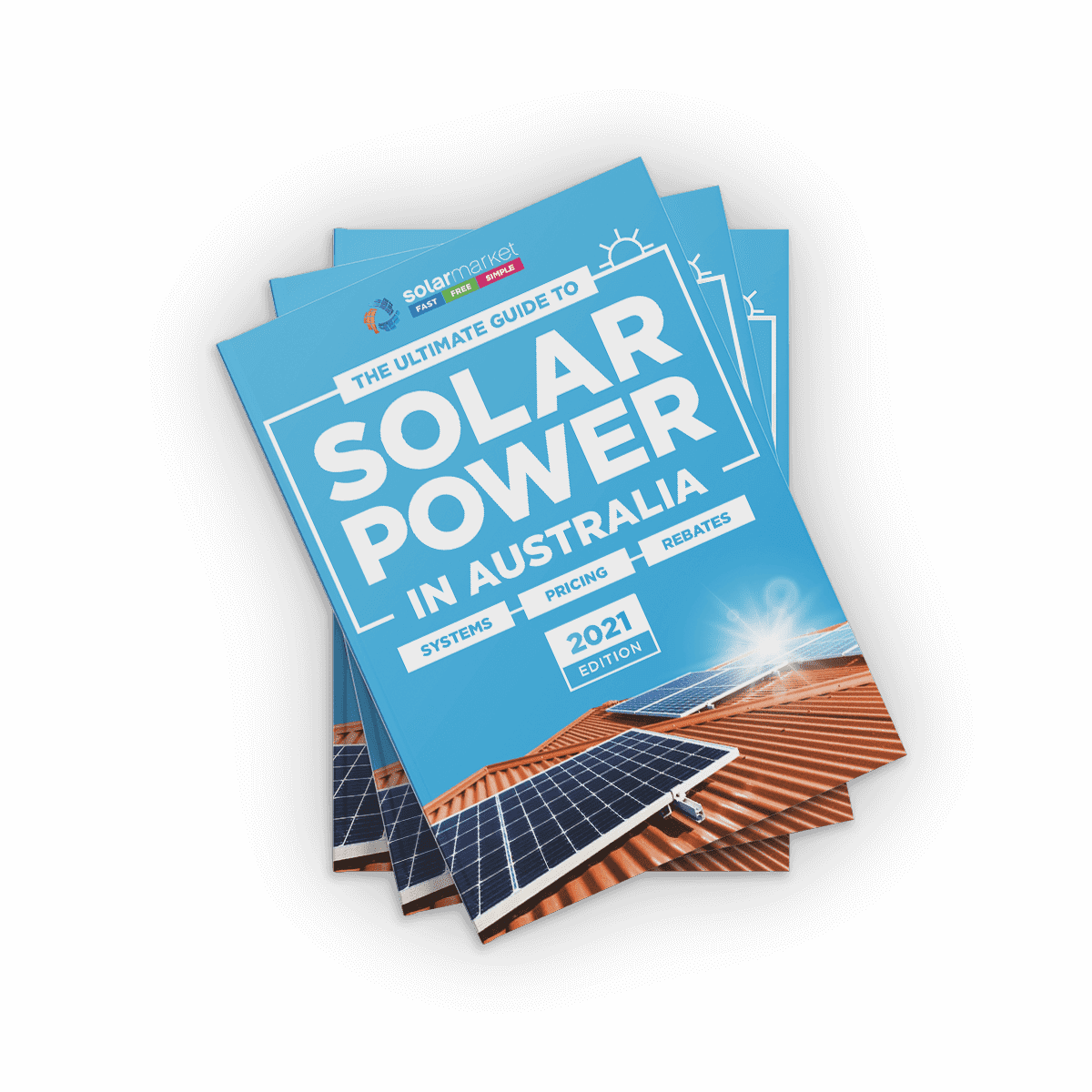A Comprehensive Guide for Australian Homeowners
As electric vehicles (EVs) become increasingly popular in Australia, the need for EV chargers at home is growing. In this guide, we’ll help you navigate the world of EV chargers, so you can confidently make the right decision for your home and vehicle.
Understanding the Basics of EV Chargers
Before diving into the different types of EV chargers available in Australia, it’s essential to understand the basics.
An EV charger, also known as electric vehicle supply equipment (EVSE), is a device that provides the electrical energy required to recharge your electric vehicle. It ensures the battery is charged safely and efficiently, while also protecting both the vehicle and the electrical grid from potential damage.
Charging times depend on:
- The battery capacity of your vehicle
- The type of charger and it’s power output
- The vehicle’s charging capabilities
- The power supply to your home (single phase or three phase)
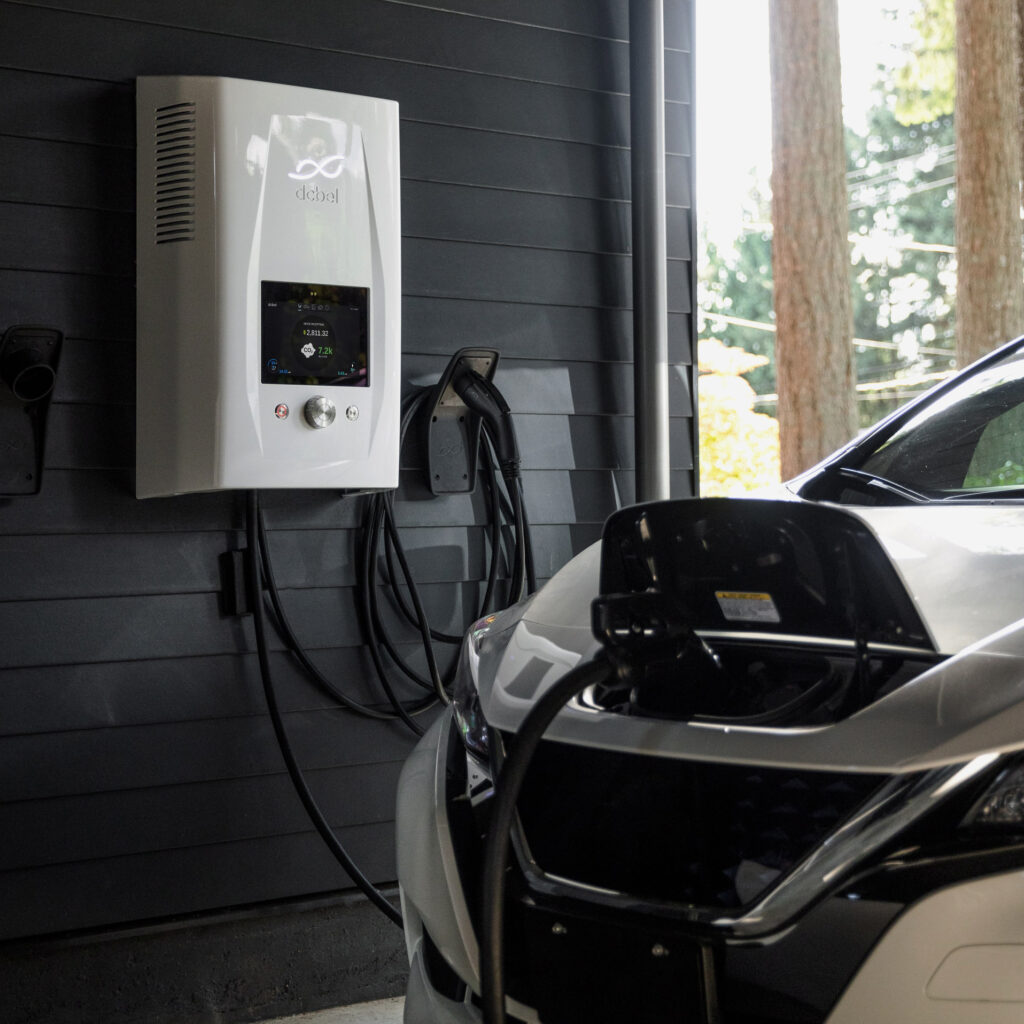
More Australian states are offering EV charger rebates as a way to make the transition to electric vehicles more affordable.
Types of EV Chargers
There are three main types of EV chargers, each with their advantages and drawbacks:
Level 1 Chargers
These chargers are the most basic, using a standard 230V Australian household outlet.
Level 1 chargers are the slowest chargers available and will add between 10 and 20 km of range for every hour they are plugged in. Overnight charging will top up for daily use but will not fully recharge a typical pure electric vehicle overnight.
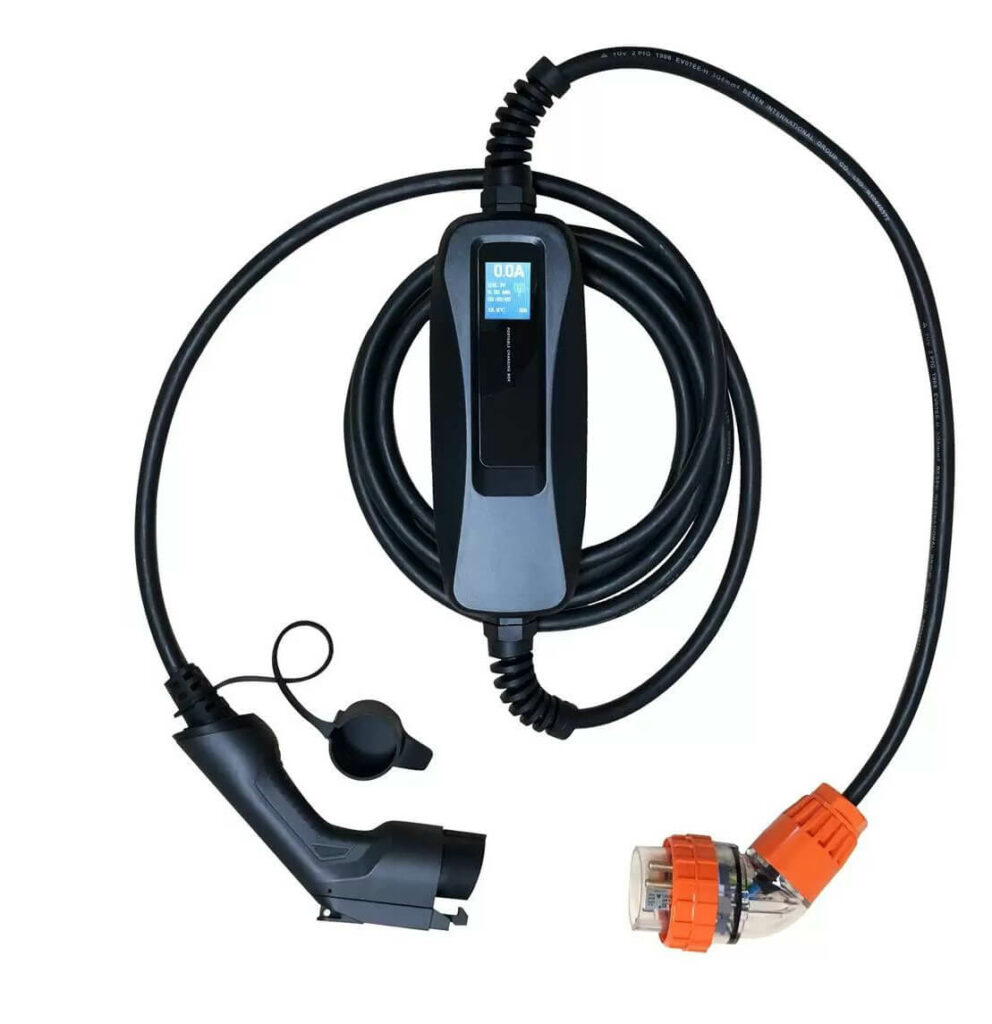
| Pros | Cons |
|---|---|
| Low upfront cost: Level 1 chargers usually come with the vehicle, so there’s no additional expense. | Slow charging: The longer charging time may be inconvenient for those with higher daily driving demands. |
| Easy to use: Simply plug the charger into a standard household outlet. |
Level 2 Chargers
The most popular option for Australian homes, Level 2 chargers require a dedicated 230V circuit.
They will add between 40 and 100 km of range per hour of charging, depending on the vehicle. Level 2 chargers will deliver a full recharge overnight.
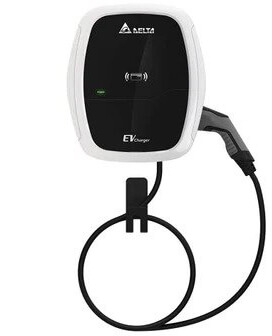
| Pros | Cons |
|---|---|
| Faster charging: Reduces the time it takes to charge your vehicle, making it more convenient. | Higher upfront cost: Level 2 chargers can be expensive, and professional installation is required. |
| Potential for smart features: Many level 2 chargers offer smart features like remote access, scheduled charging, and energy usage tracking. | May require electrical upgrades: Some homes may need an electrical system upgrade to accommodate the charger’s power requirements. |
| Adds value to your home: Installing a Level 2 charger can increase the appeal of your property to potential buyers. |
Level 3 Chargers or DC Fast Chargers
These chargers are the fastest option and can recharge most EVs to 80% in just 20-30 minutes.
They are typically found at commercial charging stations rather than residential properties due to the huge power supply required and the significant costs to install.
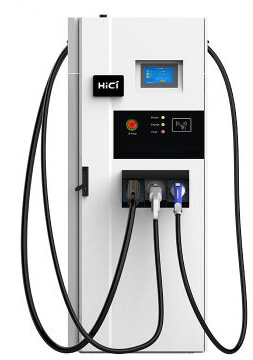
| Pros | Cons |
|---|---|
| Extremely fast charging: Ideal for long road trips or quick top-ups during the day. | High upfront cost: DC Fast Chargers are the most expensive option, both in terms of equipment and installation. |
| There is a growing number of DC Fast Chargers at public charging stations across Australia. | Limited home use: Due to their power requirements, DC Fast Chargers are rarely installed in residential settings. |
EV Charger Brands and Models
There are many reputable EV charger brands available in Australia, each offering various models to cater to different needs and budgets.
Some popular brands include:
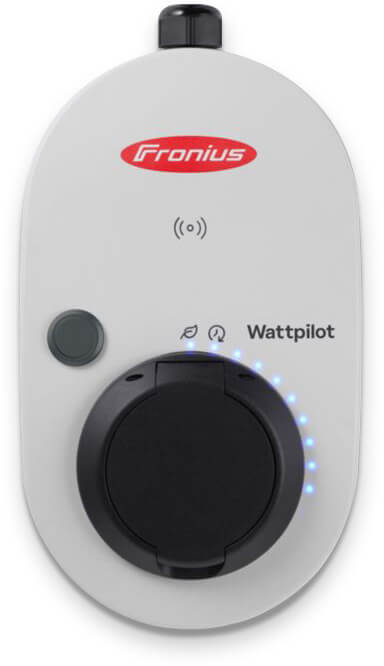
Fronius
With a minimalist aesthetic appeal, Fronius wattpilot offers solar-connected options for intelligent EV charging.

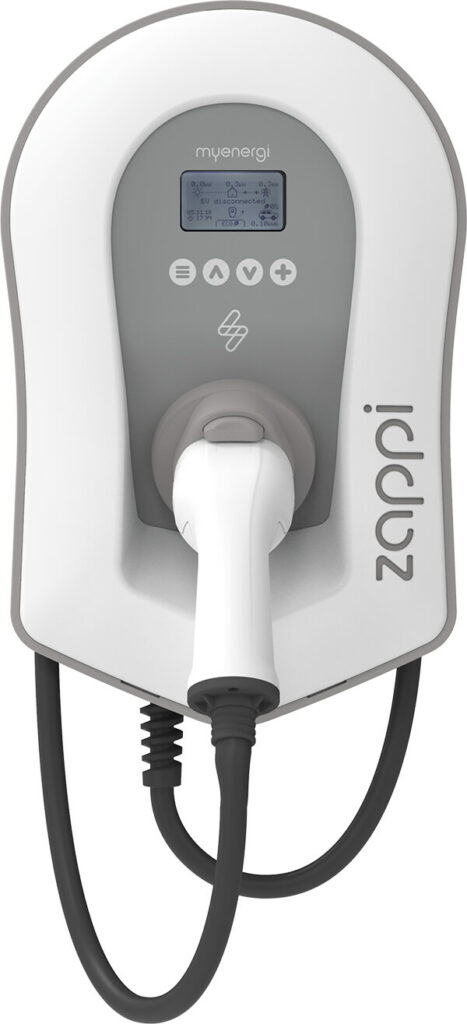
myenergi
Makers of the eco-friendly Zappi charger range, their products are designed to work seamlessly with solar power systems, allowing you to charge your EV using solar energy.
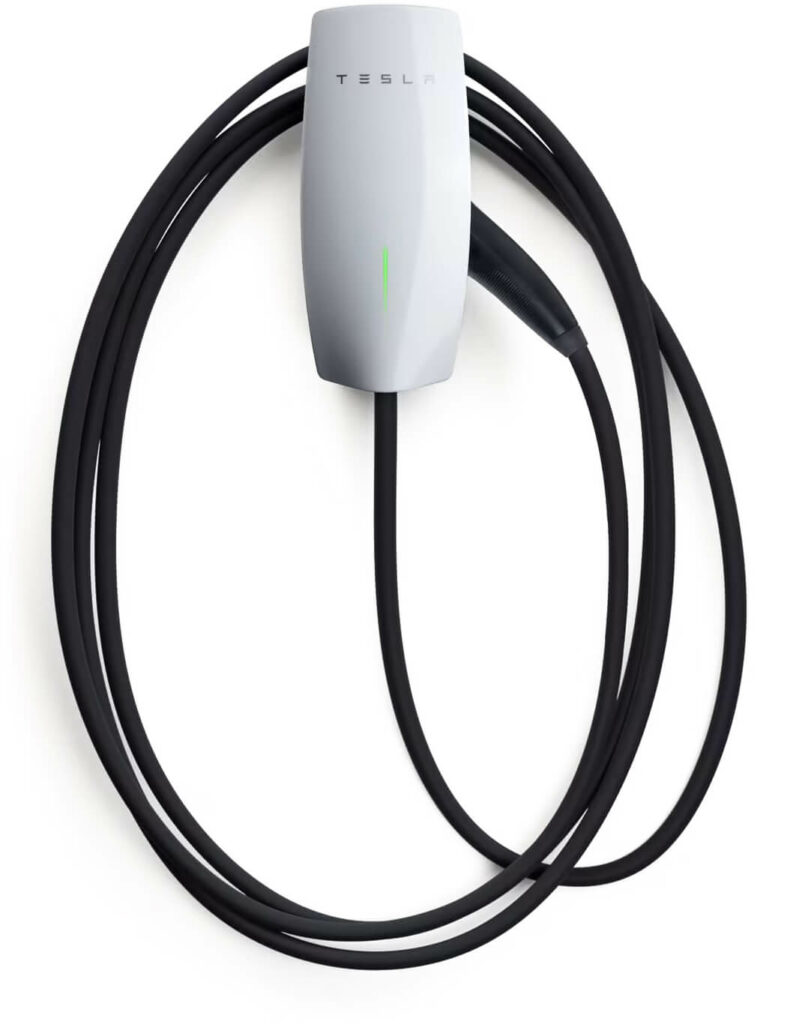
Tesla
While Tesla’s chargers are primarily designed for their vehicles, they also offer universal chargers compatible with other EV models.

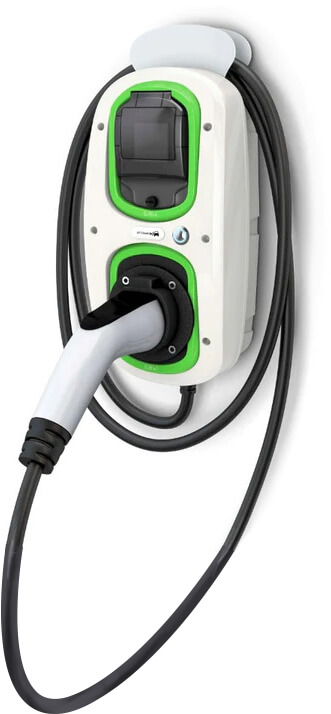
Jet Charge
JET Charge offers sophisticated and affordable EV charging solutions for residential premises, apartment complexes, workplaces as well as public charging stations.
Getting Ready to Purchase EV Chargers for Home
Installing an EV charger at home is a smart investment for Australian homeowners with electric vehicles. By understanding your options, you can make an informed decision about which charger is right for you. Remember to consider factors like charging speed, compatibility, installation, and budget when choosing your EV charger.
If you’re looking to install an EV charger in your home, the next step is to check out our EV charger rebates page to discover which rebates are available in your state to help cover the cost of your purchase. Get going.
Or if you’re ready to sort solar for your home let us source 3 free quotes for you to compare.
